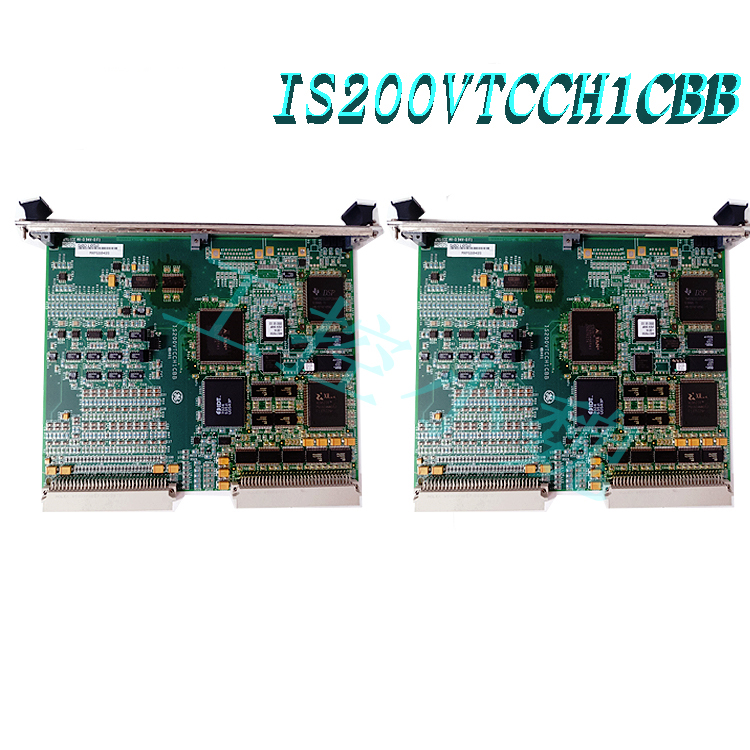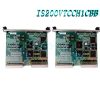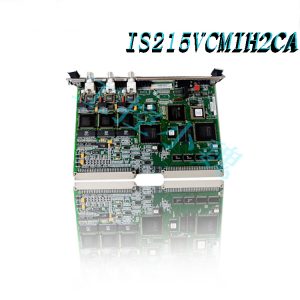Description
Many products have not been listed yet. For more products, please contact us
If the product model is inconsistent with the displayed image, the model shall prevail. Please contact us for specific product images, and we will arrange for photos to be taken and confirmed in the warehouse
We have 16 shared warehouses worldwide, so sometimes it may take several hours to accurately return to you. We apologize for any inconvenience caused. Of course, we will respond to your concerns as soon as possible.
Function description:
IS220YDIAS1B is a contact input I/O package manufactured and designed by General Electric as part of the VIe series used in GE distributed control systems. The contact input I/O package is a component used in industrial automation and control systems, including turbine control systems. It aims to connect with external devices that provide digital signals, commonly referred to as “contact inputs”. These contact inputs can be signals from sensors, switches, limit switches, buttons, or other devices that provide binary on/off or on/off signals. The purpose of the contact input I/O package is to capture these digital signals and input them into the control system for processing. In terms of turbine control systems, these inputs can play a crucial role in monitoring and controlling various aspects of turbine operation. For example, limit switches can be used to detect the position of certain mechanical components (such as valves or levers), while buttons can be used for manual control or emergency closure.

Frequently asked questions about IS220PDIOH1B
What is the IS220PDIOH1B model?
The IS220PDIOH1B model is a discrete input/output (I/O) module or package. It is used together with ISx0yTDBS2A/TDBSH8A or ISx0yTDBTH2A/TDBTH8A.
Same as ISx0yTDBS_ 8A/TDBT_ What are the differences between the standard IS200TDBT/TDBS board used on PDIOH1A and the 8A accessory board?
There is no extreme difference between these two models. Terminal boards are used for hazardous applications and are marked with physical parameters as intrinsically safe equipment. The hazardous locations used for the two types of terminal boards are slightly different, but their functions are the same.
What hazardous locations can the IS220PDIOH1B model be used in?
The IS220PDIOH1B model is available for Class I, Division 2, Groups A/B/C/D, Class I, Zone 2, Group IIC, and ATEX Zone 2, Group IIC. For all certification standards, please refer to the complete GEH-6725 manual for all standards.
-1.jpg)
The IS220PDIOH1B device is a discrete I/O package part of the General Electric Speedtronic Mark VI/VIe/VIeS gas turbine control module, and its accessory combination is approved for use in hazardous locations. When the IS220PDIOH1B model is running in the selected system, it is used together with multiple terminal boards; Some terminal blocks used are marked as follows:(https://www.weikunfadacai1.com/)
These terminal boards extend the functionality of the PDIO package, as the previous PDIO package could only be used with two accessory terminal boards. The terminal board is marked as an intrinsically safe equipment relay contact terminal board.
This device includes two Ethernet ports, a local processor, and a data acquisition board for the GE Mark VI Speedtronic series. The electronic technology of the Mark VIe I/O pack launched in 2004 is outdated. The front panel of IS220PDIOH1B includes LED indicators for two Ethernet ports used to indicate device power and an “ATTN” LED. Additional LEDs are related to relay connections.(https://www.weikunfadacai1.com/)
The minimum rated voltage of IS220PDIOH1B is 27.4 VDC, while the nominal rated value is 28.0 VDC. The device and its associated terminal board have specific on-site wiring connection instructions that must be followed, including wire size and screw torque.(https://www.weikunfadacai1.com/)
-1.jpg)
Features:
Multiple input channels: The contact input I/O package typically includes multiple input channels, allowing it to simultaneously process various digital input signals.
Digital Signal Compatibility: It is designed to process digital signals, commonly referred to as “contact inputs”. These signals are usually binary and represent on/off or on/off states.
Input filtering: Many I/O packages provide input filtering functionality to prevent signal noise or burrs from affecting the accuracy of input readings.
Signal status indicator: Each input channel typically includes a status indicator (LED) to provide visual feedback on the current status of the connected input device.
Compatibility with various sensors: I/O packs are designed to connect with various sensors, switches, limit switches, buttons, and other devices that provide digital signals.
Compatibility with communication protocols: I/O packs can support various communication protocols (such as Modbus, PROFIBUS, Ethernet/IP) to communicate with central control systems or other components.
Integration with PLC/DCS: The contact input I/O package seamlessly integrates with programmable logic controllers (PLCs) or distributed control systems (DCS) to facilitate overall turbine control strategies.
Frequently asked questions:
What is the contact input I/O package in the turbine control system?
The contact input I/O package is a component used in the turbine control system to connect to external devices that provide digital signals, such as sensors, switches, and buttons. It helps to convert physical states into digital data that the control system can process.
What is the main function of the contact input I/O package?
The main function is to capture binary digital signals (on/off or on/off) from external devices and forward this information to the central control system for monitoring and control purposes.
How is the contact input I/O package connected to external devices?
I/O packs typically use terminal blocks or connectors for connection. Each input channel corresponds to a specific connection point of an external device.
Comment on IS220PDIOH1B
The large number of LED indicators on this model allows users to have a more comprehensive understanding of their system connections. A large number of LEDs allow users to understand each state and function of PDIO packages. For a complete list of LEDs, please refer to the accompanying manual- Dominate Industry
Model recommendation:



-1-100x100.jpg)
-1-100x100.jpg)

-300x300.jpg)
Reviews
There are no reviews yet.